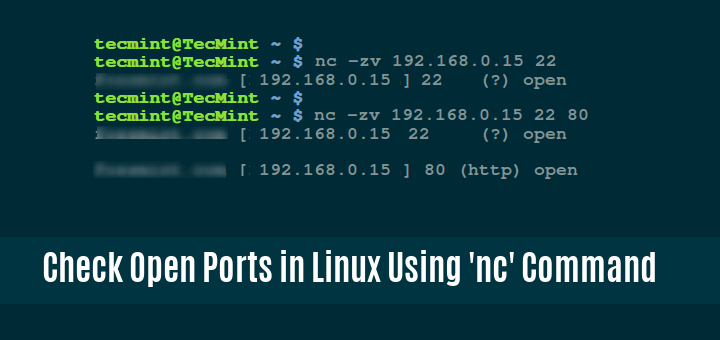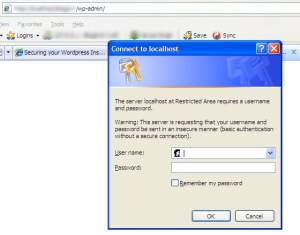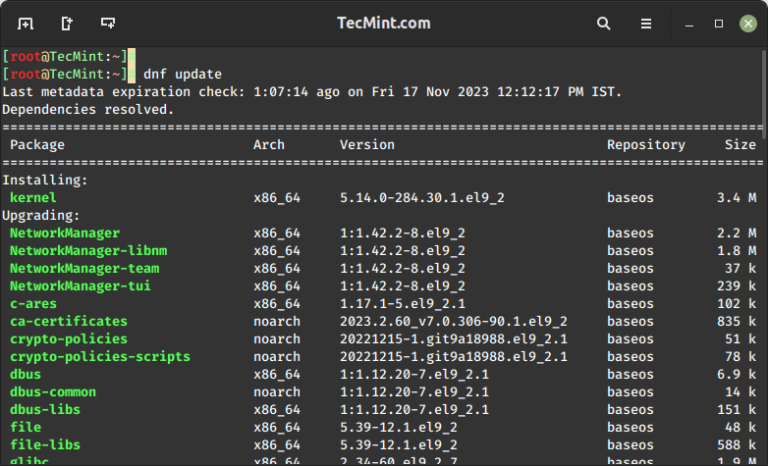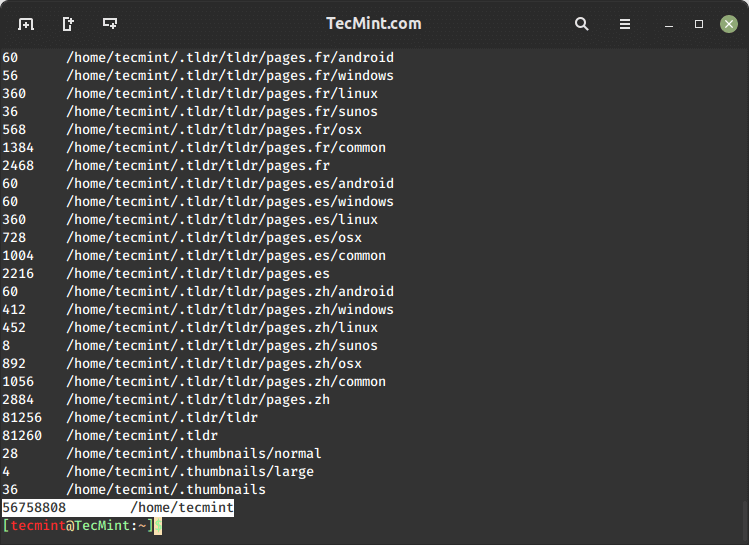
A port is a logical entity which acts as a endpoint of communication associated with an application or process on an Linux operating system. It is useful to know which ports are open and running services on a target machine before using them.
We can easily list open ports in Linux on a local machine using the netstat or several other Linux commands such NMAP.
In this guide, we will show you how to determine if ports on a remote host are reachable/open using simple netcat (in short nc) command.
netcat (or nc in short) is a powerful and easy-to-use utility that can be employed for just about anything in Linux in relation to TCP, UDP, or UNIX-domain sockets.
# yum install nc [On CentOS/RHEL] # dnf install nc [On Fedora 22+] $ sudo apt-get install netcat [On Debian/Ubuntu]
We can use it to: open TCP connections, listen on arbitrary TCP and UDP ports, send UDP packets, do port scanning under both IPv4 and IPv6 and beyond.
Using netcat, you can check if a single or multiple or a range of open ports as follows. The command below will help us see if the port 22 is open on the host 192.168.56.10:
$ nc -zv 192.168.1.15 22
In the command above, the flag:
-z– sets nc to simply scan for listening daemons, without actually sending any data to them.-v– enables verbose mode.
The next command will check if ports 80, 22 and 21 are open on the remote host 192.168.5.10 (we can use the hostname as well):
nc -zv 192.168.56.10 80 22 21
It is also possible to specify a range of ports to be scanned:’
$ nc -zv 192.168.56.10 20-80
For more examples and usage of netcat command, read through our articles as follows.
- Transfer Files Between Linux Servers Using netcat Command
- Linux Network Configuration and Troubleshooting Commands
That’s all. In this article, we explained how to check if ports on a remote host are reachable/open using simple netcat commands. Make use of the comment section below to write back to us concerning about this tip.





